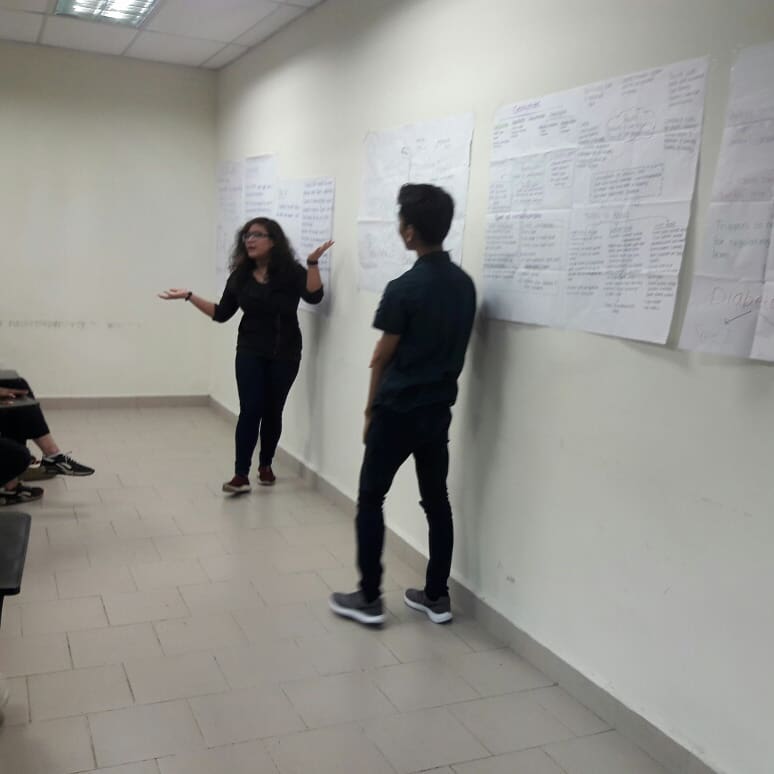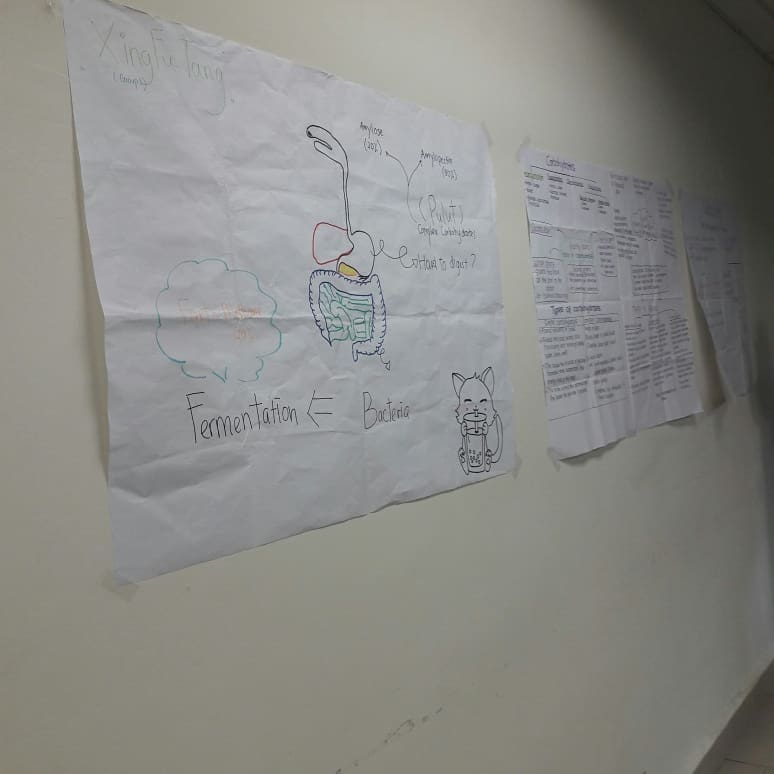Classes
The art of teaching is the art of assisting discovery. -Mark Van Doren’
I cannot teach anybody anything; I can only make them think. -Socrates-
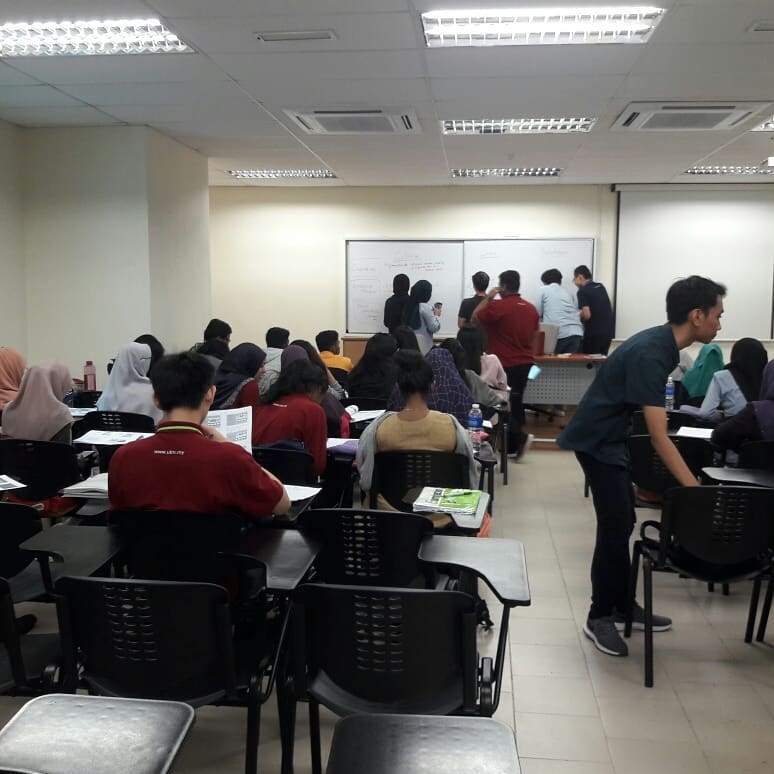

SSCG 1112 Introduction to Biomolecules
Course Synopsis:
In this course, the fundamental properties/characteristics of four major biomolecules found in most living organisms will be discussed: proteins, nucleic acids, carbohydrates and lipids. This course will focus on the functions, examples, building blocks, synthesis and hydrolysis of each component. The ability of students to relate how these biomolecule interacts in cell and regulate metabolic processes in our body will serve as an important backbone to further understand the biochemistry of life
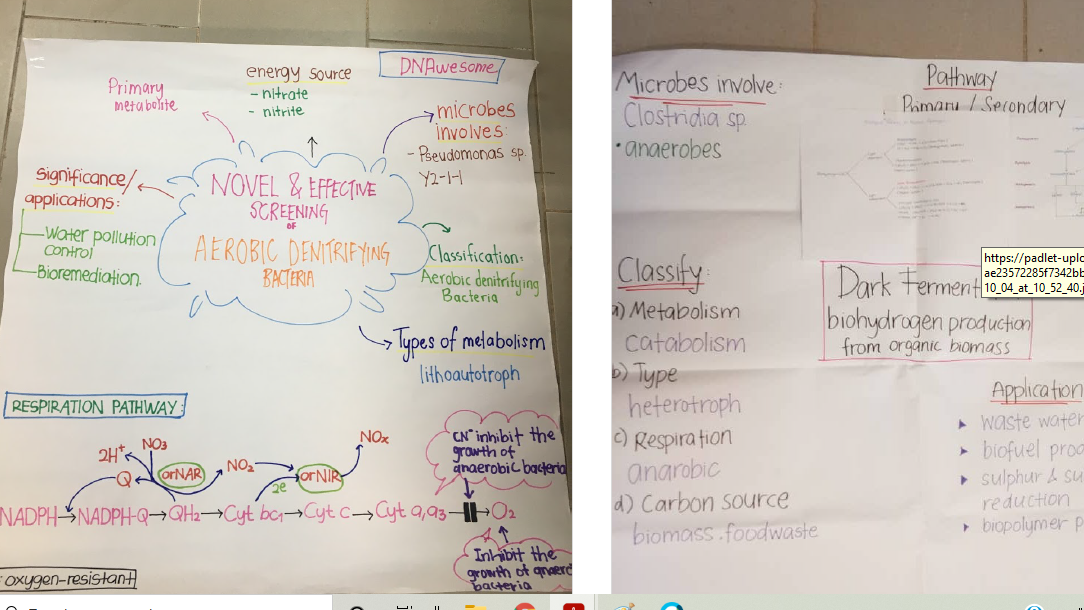
SMBT 4183 Applied Microbial Biochemistry and Biotransformation
Course Synopsis:
Discussion on the growth and metabolism of microorganisms and their diverse occurrence in nature. Distinguish energy and nutrient requirements contributing to metabolic diversity in microorganisms. Microbial biotransformation of organic, inorganic molecules and heavy metals with important applications to health, industries and the environment will be described. In addition, microbial transformation of synthetic and naturally occurring recalcitrant molecules will be outlined.
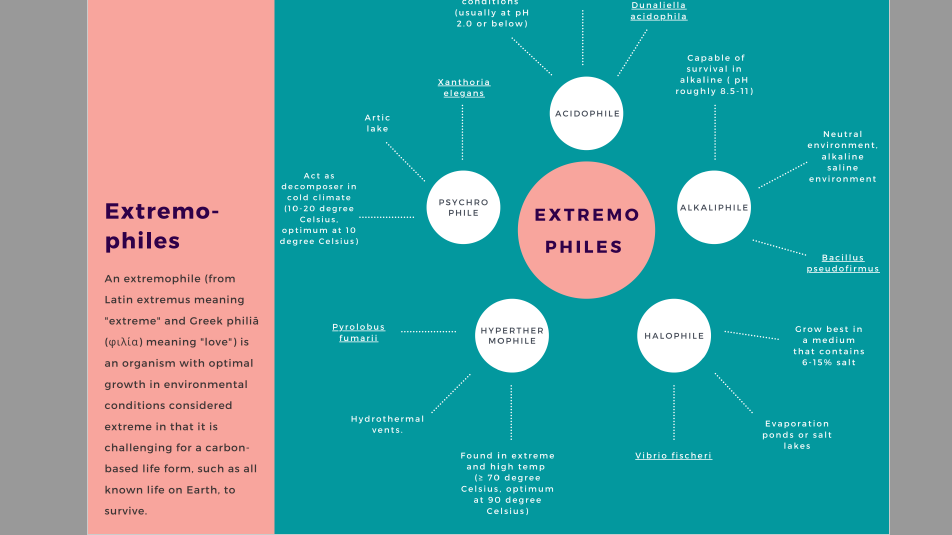
SMBB 3413 Extremophiles
Course synopsis:
This course will give a broad overview of how life can not only survive, but thrive and flourish under conditions considered to be ‘extreme’ in the human sense. More specifically this course will describe the environments where these organisms reside and shed light, at the molecular level, on the mechanisms that enable these unique organisms to survive. Covering all known types of extremophiles (including thermophiles, psychrophiles, halophiles, acidophiles, piezophiles, and alkaliphiles).
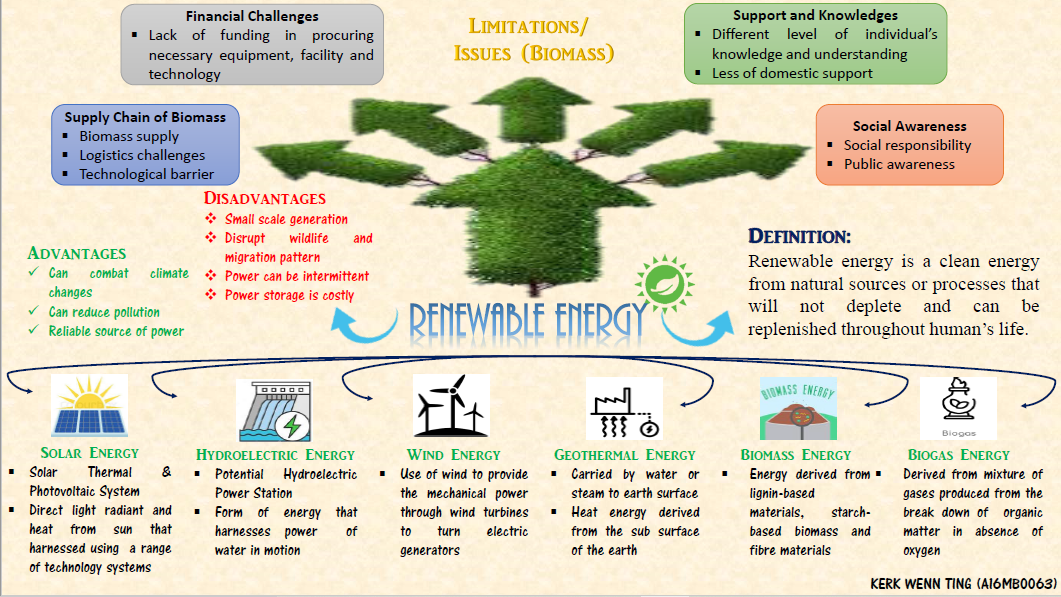
SMBT 4293 Environmental Biotechnology
Course Synopsis
The International Society for Environmental Biotechnology defines environmental biotechnology as “the development, use and regulation of biological systems for remediation of contaminated environments (land, air, water), and for environment-friendly processes (green manufacturing technologies and sustainable development)”.In this course, emphasis will be channeled on various types of contamination; in air, water and soil. Treatment of polluted air, wastewaters, soil and its adverse effect to the environment and ways of treating it, remediation of soils contaminated with hazardous and toxic chemicals will be discussed. The use of microbes and microalgae to produce energy will also be highlighted. The importance of Environmental Biotechnology to society and the current understanding of Malaysia towards this area will be looked into.

SSCG 1123 Cellular Biochemistry and Metabolism Laboratory
Course Synopsis
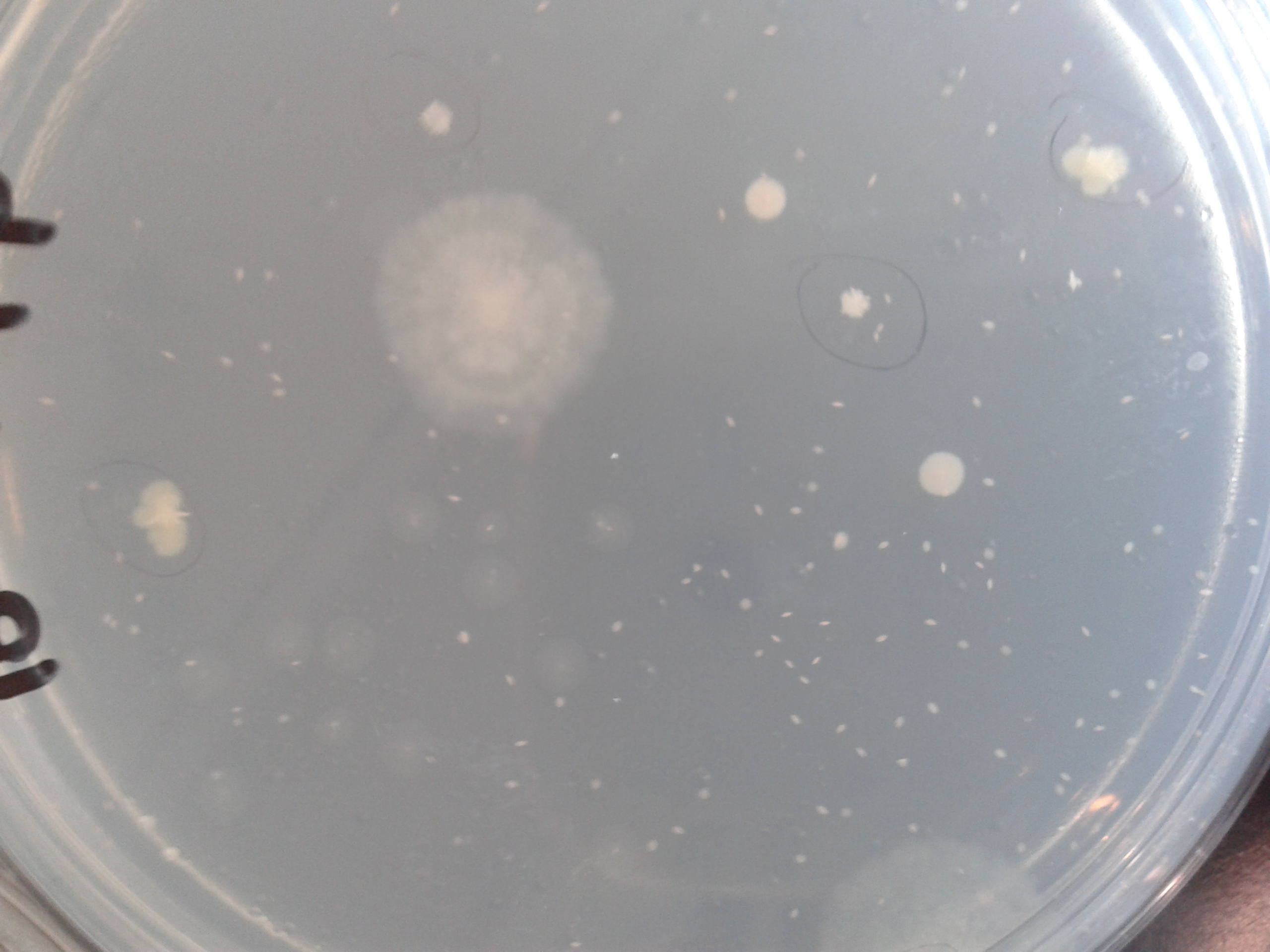
SSCB 1613 Microbiology Laboratory
Course Synopsis
Education is the most powerful weapon which you can use to change the world.
-Nelson Mandela-
